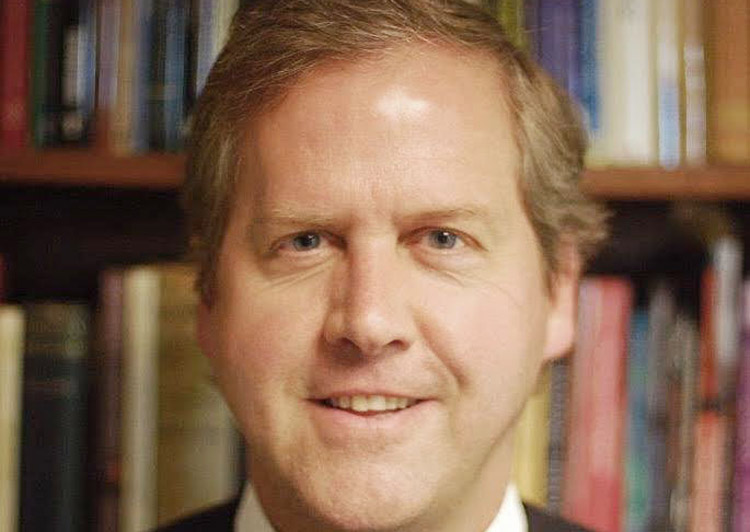
By Marek P. Zabriskie
Each time a child, youth, or adult is baptized in the Episcopal Church, the congregation recites the Baptismal Covenant.
A covenant is an agreement made between an individual, two persons or a group and God. In this case, the priest says, “Will you seek and serve Christ in all persons, loving your neighbor as yourself?” The congregation responds, “I will with God’s help.”
The minister continues, “Will you strive for justice and peace among all people, and respect the dignity of every human being?” The congregation responds, “I will with God’s help.”
When preparing couples to have their child baptized, I read the Baptismal Covenant aloud and ask them, “Do these sound like high or low commitments?” They always respond, “High.” They are lofty commitments indeed. It may be easier to give and demand dignity be given to people whom we understand well, with whom we relate, and those who resemble us. It seems more difficult when our neighbor speaks a different language, is a nationality we do not fully understand, or is living at an economic level vastly different from our own.
To “strive for justice and peace among all people, and respect the dignity of every human being” and “to serve Christ in all persons, loving your neighbor as yourself” are hard things to do.
Most recently, this makes me think of neighbors all over the world. As we experience our own crisis from neighboring countries, one thing is clear, the problem is much bigger than our nation. It’s a global phenomenon. Europe has experienced countless refugees from Syria and other countries. In 2018, more than 68.5 million refugees were forcibly displaced by war, poverty, or persecution.
We cannot simply let everyone who crosses our border illegally live in our country. Our government cannot care for everyone. We are not obligated to do that. But we are obligated to respect the dignity of each human being and to strive for justice and peace among all people. How do we do that?
Not having a long-term, comprehensive plan for how to do that is essentially the same thing as having the worst plan. The crisis continues and the half measures in place to deal with it just do more harm. While the current administration is taking great heat for the crisis along our border and how illegal immigrants are being handled, the truth is that previous administrations from both parties have failed to correct the very same problem and the very same issues and the legislative bodies under both majorities have failed as well. Now, as the humanitarian crisis looms, there is a spotlight on the issue, but to what end? The problem has gotten far worse.
I have helped three churches get involved in a ministry to assist girls in San Pedro Sula, Honduras called Las Nuestras Pequeñas Rosas or Our Little Roses. Almost all of the 65 girls there were abused.
When it opened, it was the first home to assist girls in San Pedro Sula. There were over 50 similar homes and schools for boys. “No one saw the need for a home or school for girls,” Our Little Roses founder Diana Frade told me. “Girls simply were not valued in that culture.”
Now, the girls live in a safe, protected, clean compound, where Frade harbors a dream that each girl will attend college, develop a career, become a leader in a society where women rarely lead and volunteer in a culture where people struggle just to survive.
Never the less, the reality today is that San Pedro Sula has the highest murder rate per capita of any city in the world. Not far from the school is a slow moving brown river. On its banks, hundreds of families live in squalid shelters made of cardboard boxes with almost no food, possessions or hope.
These are some of the people who are fleeing to America. When they are caught at our border, they are put in conditions, which by all accounts, are also deplorable and dehumanizing. The Border Patrol tries their best but many of them feel as though the horrible conditions and situation are turning them into callous robots.
I have no answer. There’s no quick fix. What I do know is this: “to serve Christ in all persons, loving your neighbor as yourself” is a hard thing to do. And yet that is our directive.
Rev. Marek P. Zabriskie is the Rector at Christ Church Greenwich.





